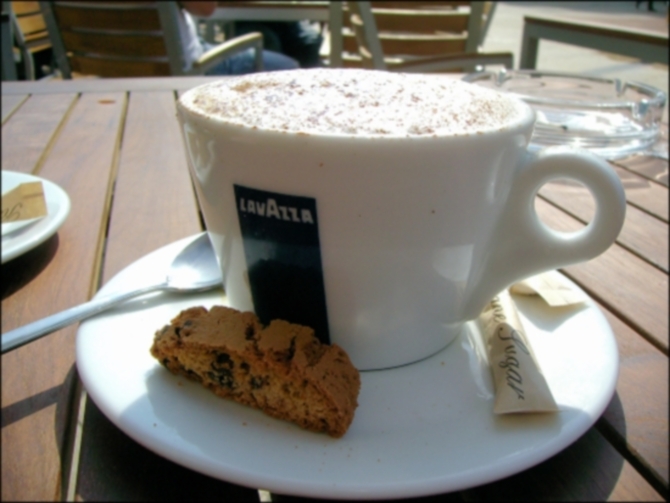Stand in any railway or bus station first thing in the morning and you’ll see swarms of commuters clutching cups of coffee to kick-start their day. But a new study suggests caffeine might do more than bring you round or sharpen your mind — it may help your memory, too.

Researchers at Baltimore’s Johns Hopkins University examined the impact of caffeine while deliberately excluding its other brain-enhancing side-effects. The study showed that after consuming caffeine certain memories were heightened for up to 24 hours.
Jointly funded by the US National Institutes of Health and the National Science Foundation, the study included more than 100 “caffeine naive” participants, those who rarely drank tea or coffee or consumed cola drinks as part of their everyday diet.
“We picked people who were getting less than 500 milligrams of caffeine a week,” said study author Michael Yassa, of the University of California. “Most weren’t coffee drinkers. Most had a soda once or twice a week.”
The researchers asked the participants to look at hundreds of common, everyday images such as shoes, a chair, a pencil, or a rubber duck, on a computer screen. “We asked them to tell us if it was an indoor or an outdoor object, but we didn’t really care about what they said,” Yassa explained. “We just wanted them to attend to the object, to get that object into their brains.”
Five minutes after the participants looked at the images, half were given 200 mg of caffeine — less than a 16-ounce cup of Starbucks coffee which contains 330 mg of caffeine — and half received a placebo. All returned 24 hours later, when the caffeine should have been out of their system, to look at more images. They were asked to label the pictures as old, new or similar to the original images they’d seen.
People who had taken the caffeine were better at distinguishing similar pictures from the original ones. “On caffeine, the participants were more likely to identify items as similar and not old,” said Yassa. “This demonstrates that the caffeine enhanced the brain’s consolidation process — the process of making those items more permanent in their memory.”
Even if your morning coffee has become more of a habit than an energy lift, benefits are short lived. Caffeine decreases the activity of adenosine, a sleep chemical in the brain, which increases focus and concentration. The more you drink coffee, the quicker the brain gets used to it and the benefits level out.
Most people also reach for a coffee throughout the day when they’re feeling groggy – good for tasks which need a constant level of attention, but not for creative jobs or for generating new ideas. Keep topping up with caffeine and your brain stops producing flashes of inspiration.
If you’re still a dedicated coffee drinker take heart from one global study published in the New England Journal of Medicine. It confirmed that the more coffee people drank a day — four to five cups proved best — the lower their risk of death.
Previous Post
Cape Town Development attracting Top Tenants